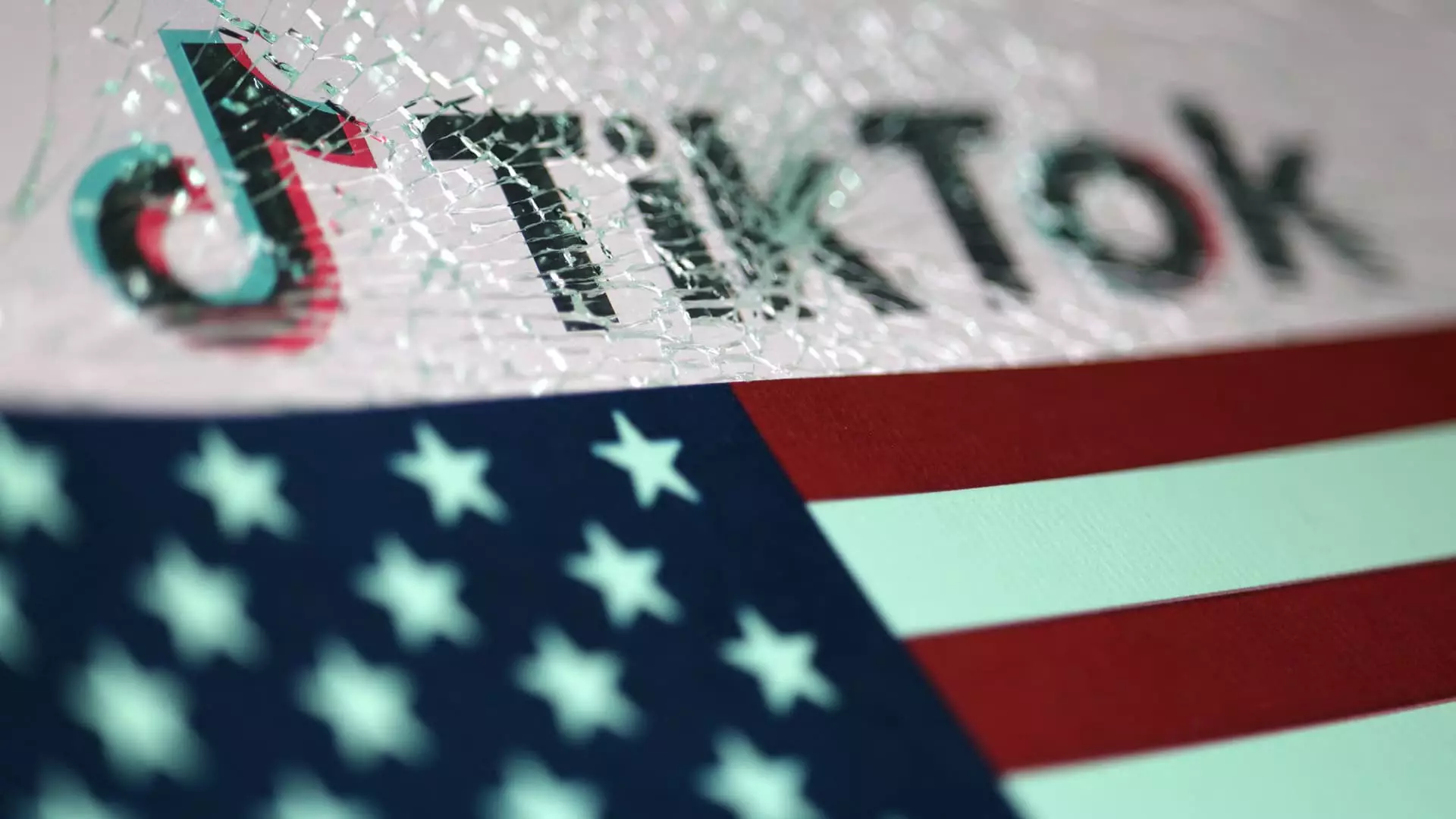The polarizing app TikTok found itself in a precarious situation recently, as President-elect Donald Trump hinted at a potential reprieve from a federal ban that was scheduled to take effect. Following a brief outage on Saturday night, which left many American users unable to access the app, Trump’s announcement on social media sparked a renewed conversation regarding the platform’s future. Citing concerns over national security and data privacy, the Trump administration had moved to regulate TikTok more stringently. Nevertheless, Trump’s approach reflected an ongoing tug-of-war between governance and innovation in the tech industry.
TikTok’s latest developments reveal the complexities of applying political resolve to digital platforms that cater to vast user bases. When Trump announced he would sign an executive order to delay the ban, he acknowledged the urgency with which the situation needed to be handled. With over 170 million Americans relying on TikTok, the potential impact of a ban was staggering—not only from a consumer standpoint but also for the estimated 7 million small businesses that depend on the platform for outreach and marketing. The controversy surrounding TikTok reflects a broader theme of how government regulation can shape technology and its role in everyday life, revealing a delicate balance between protection and restriction.
TikTok’s assertion that the decision was a “strong stand for the First Amendment” speaks volumes about the evolving narrative surrounding censorship in digital spaces. Many users and advocates have raised flags about the implications of banning a platform that facilitates free expression and creativity. While national security is a valid concern, the line between safeguarding citizens’ rights and infringing upon them can be incredibly nuanced. TikTok’s commitment to working with the Trump administration to find a long-term solution emphasizes the app’s desire to remain part of the American social landscape despite pushback.
Despite the momentary optimism following Trump’s announcements, TikTok’s long-term viability in the U.S. remains uncertain. The pressures from U.S. lawmakers for ByteDance, TikTok’s parent company, to divest from its Chinese roots loom large. Past statements from Trump advocating for a U.S. ownership stake in TikTok suggest a thirst for control that might be difficult to realize—particularly as ByteDance has reiterated no intention to sell the company. This scenario paints a vivid picture of the complicated web of international business, national security, and consumer rights.
As the situation unfolds, TikTok’s trajectory depends significantly on political decisions and economic strategies in a landscape characterized by uncertainty. While the platform has temporarily resumed access, the ongoing negotiations reflect larger issues at play in tech governance. Ultimately, how TikTok navigates these choppy waters might set precedents for other global tech companies, influencing not just their operations in the U.S. but also shaping the future of digital commerce and expression worldwide. As the saga continues, it is crucial for all stakeholders—users, businesses, and government officials—to engage in dialogue that prioritizes both innovation and ethical responsibility.


Leave a Reply